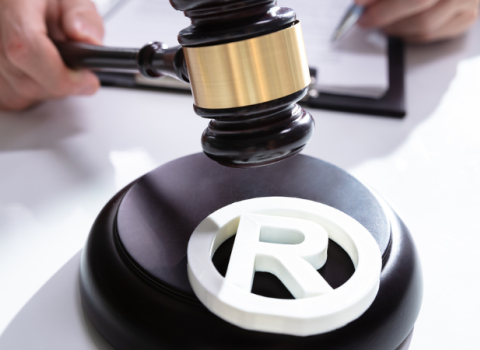
The survey, carried out by UK patent and trade mark lawyers, Marks & Clerk, casts doubt on the value of introducing a quick, cheap and easy utility model patent. Eighty eight percent of those surveyed said strong protection is the most important consideration when safeguarding IP.
“Our research shows that those who seek IP protection do not want to compromise the high quality of UK IP rights – a view shared both by those who register trade marks and those dealing with more costly patents,” said Philip Martin, Partner at Marks & Clerk.
“Whilst securing IP rights can be a lengthy and sometimes expensive process, owners of intellectual property are clearly more fearful of any system which left them with rights which they might not be able to enforce.”
It appears from the survey that the relaxed attitude to the cost of obtaining IP protection may result from its place in the overall cost of bringing a product to market. For two-thirds of those who file patents, obtaining IP protection represents less than 5 per cent of the total cost of research, development and marketing.
IP owners are well aware that the important issues in intellectual property are increasingly determined at an international level, with 65 per cent of IP users saying that the extent of international trade, and the fact that many companies now regard their market as extending well beyond the UK, are now the biggest hurdles to safeguarding intellectual property rights.
As a consequence, 89 per cent believe that the costs of obtaining IP protection can only be significantly reduced by change at a European level. Similarly, 86 per cent believe this to be true when it comes to tackling the cost of enforcement.
“Businesses of all sizes increasingly see their markets extending well beyond the UK,” said Martin. The key issue is the current need to make multiple applications and enforcement actions in different countries in Europe, which adds so much to the cost of obtaining and enforcing IP protection.
“To achieve its objectives of reducing cost and complexity, the UK Government needs to press for change at a European level,” Martin concluded.





 A unique international forum for public research organisations and companies to connect their external engagement with strategic interests around their R&D system.
A unique international forum for public research organisations and companies to connect their external engagement with strategic interests around their R&D system.